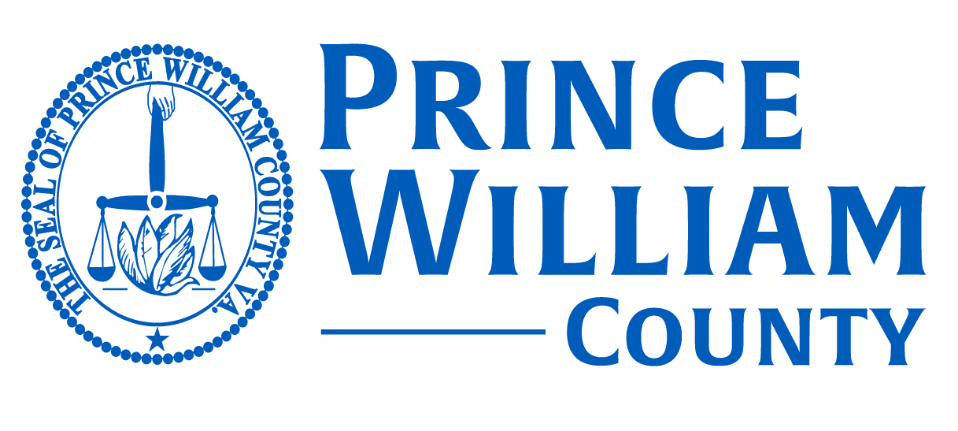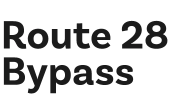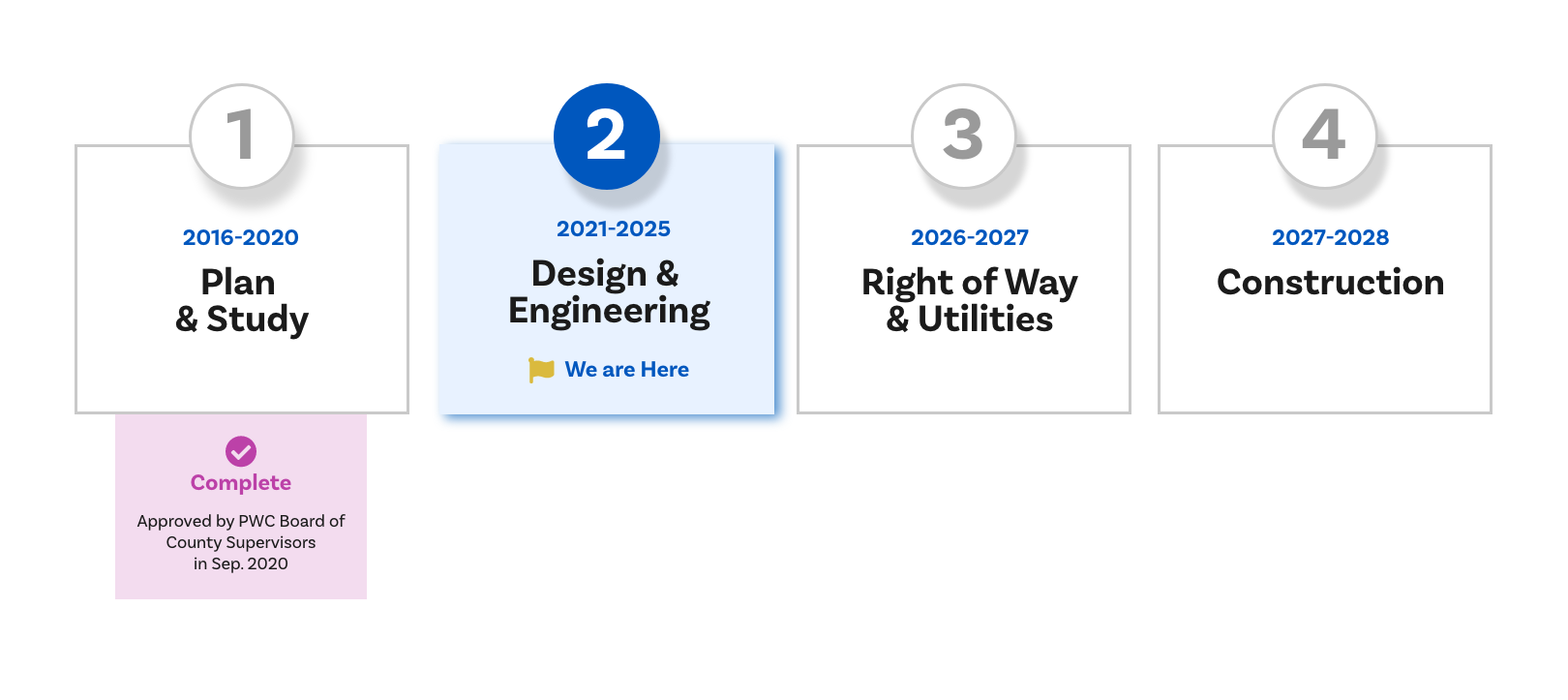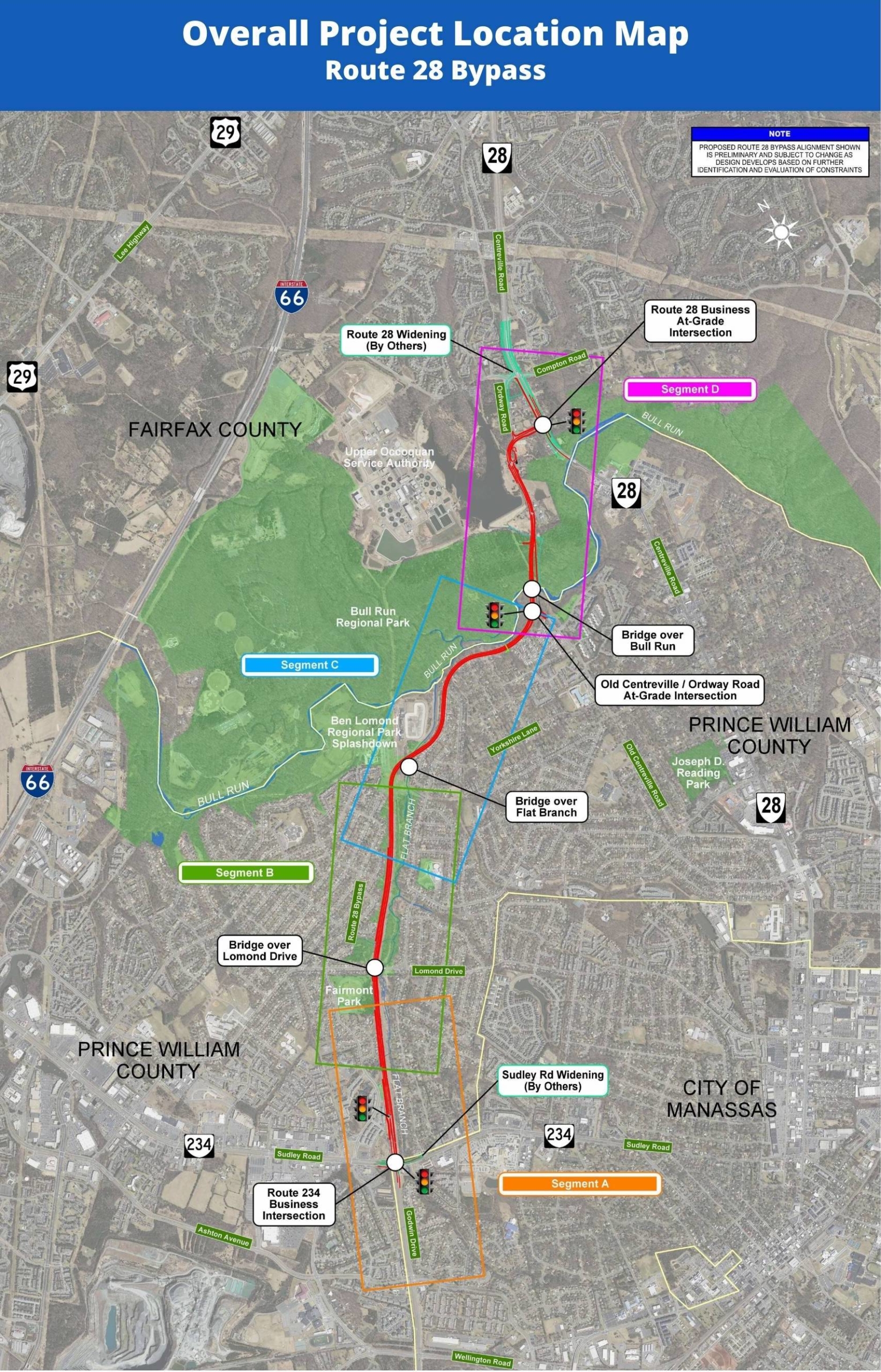Based on the Virginia Code and the Uniform Act, Section 4.2.3 of VDOTs Right of Way Manual of Instructions, PWC officials will begin the process of meeting with property owners once the Board of County Supervisors has approved the final bypass design and the Right of Way impacts have been identified. The PWC DOT will notify and work with impacted property owners and residents throughout this process.
Property owners and residents who reside in areas where preliminary surveying work will occur will also be contacted periodically during the design phase of the project for permission to enter the property to conduct the survey and other study work.
As the project progresses forward, PWC DOT will continue to coordinate with Fairfax County and the City of Manassas during design to regularly communicate and engage with the community to make resources & information regarding the Route 28 Bypass easily accessible and understandable.
Information regarding the Right of Way process will also be posted on the Route 28 Bypass project website and provided during public Information Sessions.
For now, please refer to the VDOT Guide for Property Owners and Tenants (English Version) or VDOT Guide for Property Owners and Tenants (Spanish Version).













